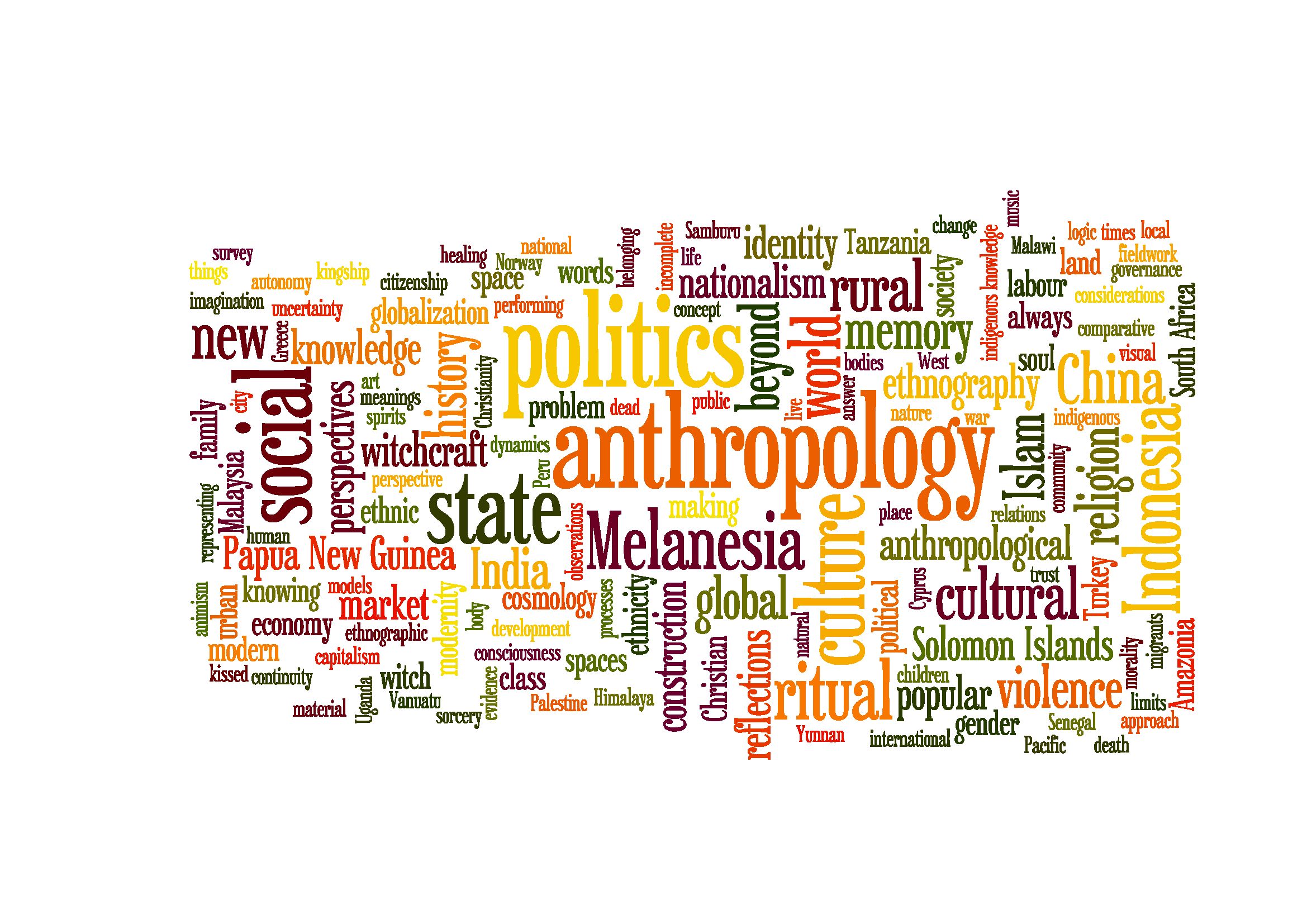Godlier makes a case for Marxist anthropology. The speciality of this brand of anthropology is that it tries to develop and broaden the analysis of the modes of production of primitive society. What Marxist anthropology has to do is to apply the postulate of modes of production to primitive kinship, politics and religion.
Such an application of modes of production would give rise to new theories on kinship and other primitive institutions. If efforts in this direction are made, there would be emergence of neo-functionalism and structuralism. Marxist anthropology also borrows heavily from Claude Levi-Strauss. Levi-Strauss uses the method of materialism.
For him, the society is holistic. He also rejects positivism. As a matter of fact, there is much that is common in Marxian anthropology and the structuralism of Levi-Strauss.
ADVERTISEMENTS:
Both are against positivism, against empiricism and part studies rather than wholes. Discussing the similarities between Levi-Strauss’ structuralism and Marxian anthropology, Godlier observes:
This complex theoretical situation determines the critical relationships which the Marxist approach has with anthropology along with two other trends which attempt to create conditions for a general renewal of this scientific discipline, that is, the neofunctionalism of ‘cultural ecology’ and the structuralism approach of Claude Levi- Strauss. Both use a materialistic approach.
The first studies societies afresh, considering than as parts of larger wholes, different eco-systems of nature. Like Marxism, it pays particular attention to the material bases of society’s functioning.
ADVERTISEMENTS:
The second, again like Marxism, rejects the methods of positivist empiricism and endeavours to take into account the social realities in terms of structure.
Godlier has also given the contents of anthropology. In a broader way, he says that it studies non-western societies, non-literary societies and colonized societies. These societies have a backward mode of production.
They are pre-capitalist and pre-industrial. The social organization of all these societies constitutes the contents of anthropology. In short, these contents can be characterized as below:
(i) Non-literate,
ADVERTISEMENTS:
(ii) Uncivilized,
(iii) Arrested in development,
(iv) Moneyless,
(v) Non-industrialized,
(vi) Non-urban,
(vii) Lacking economic specialization,
(viii) Low level of technical achievement,
(ix) Traditional, and
(x) Small scale.
Godlier has provided a specific approach to the study, of non-western societies. But, all non-western societies do not constitute the contents and subject matter of anthropology.
He has specified the non-western societies also. Usually, these societies are primitive and do not exhibit the traits of capitalism, industrialism, technology, and absence of surplus production.
The basic element, which differentiates Marxist anthropology from the general anthropology, is its stress on modes of production. Second, social anthropology borrows its methodology from history.
In short, Godlier’s concept of anthropology moves towards methodological, neo-fuctionalism and structuralism. In a precise and broader way, it studies the classless society.
